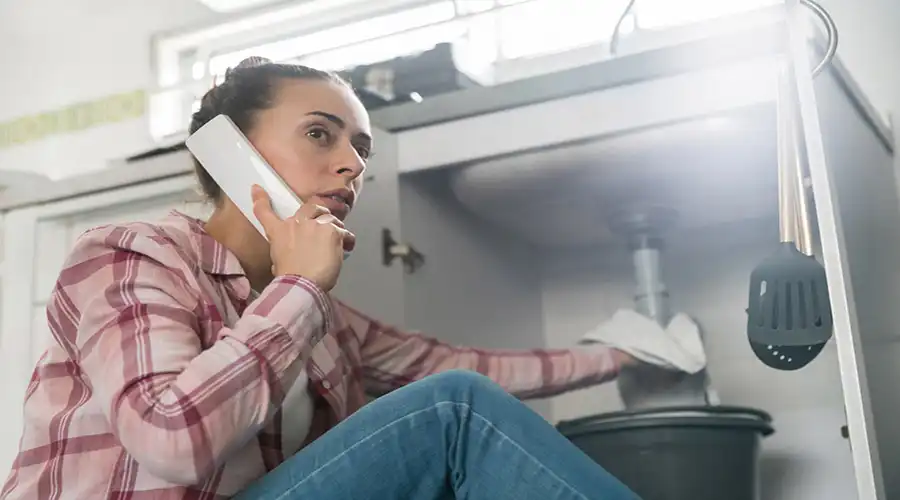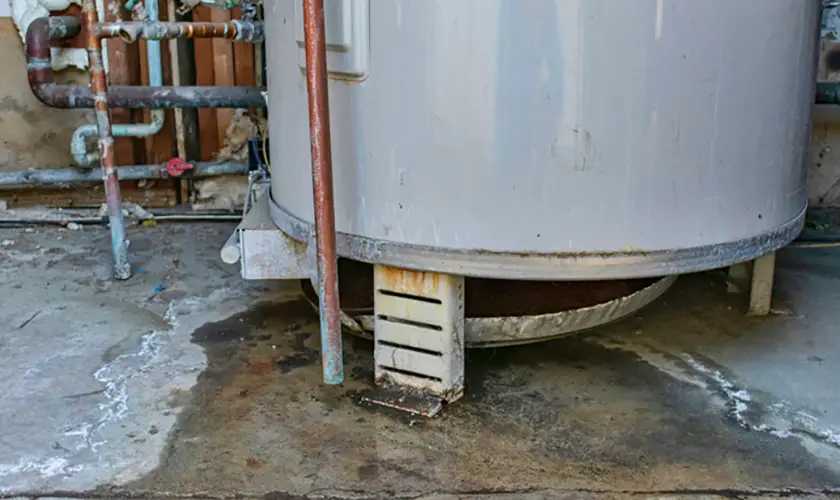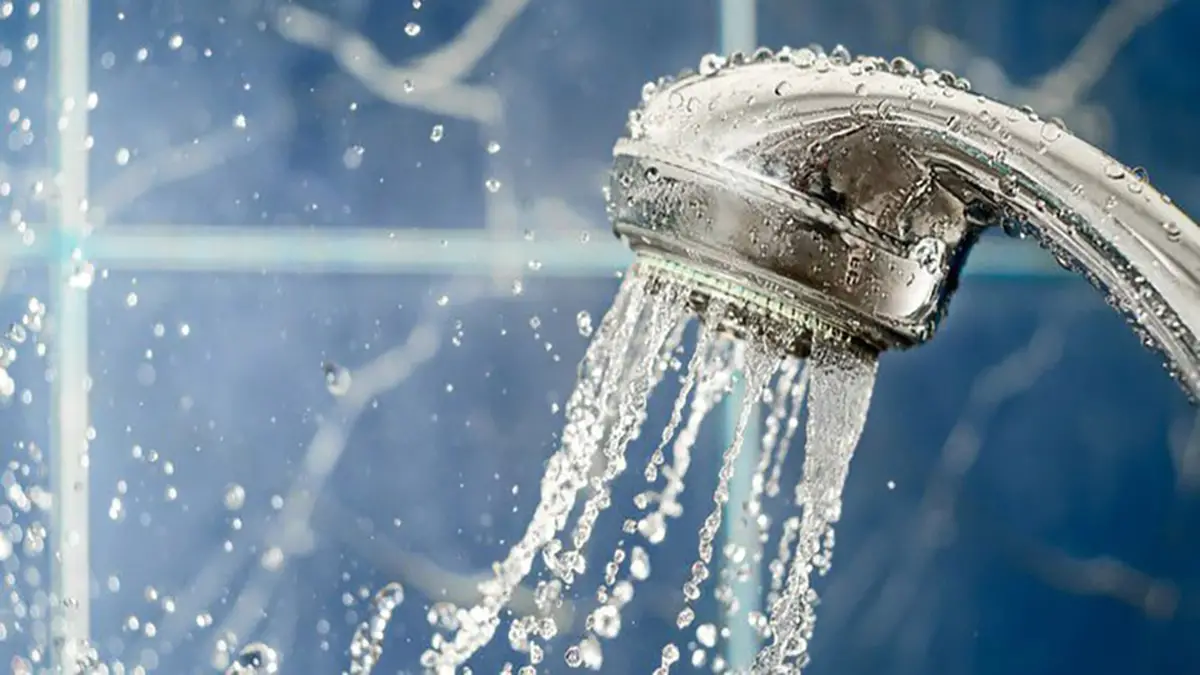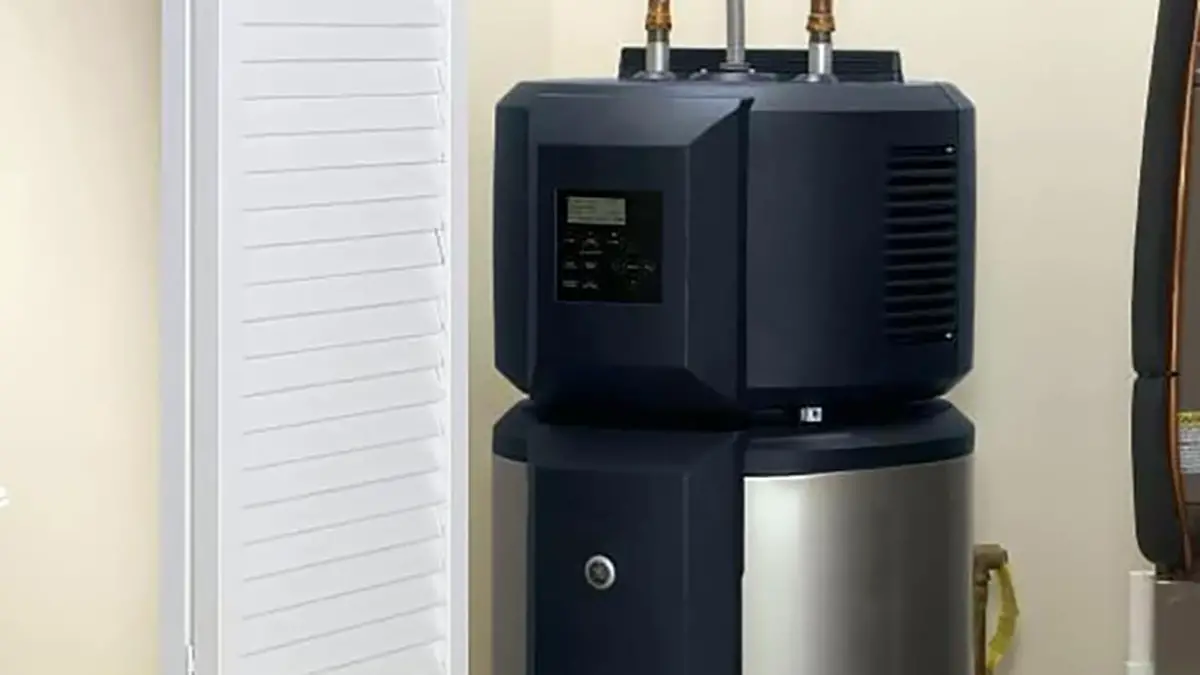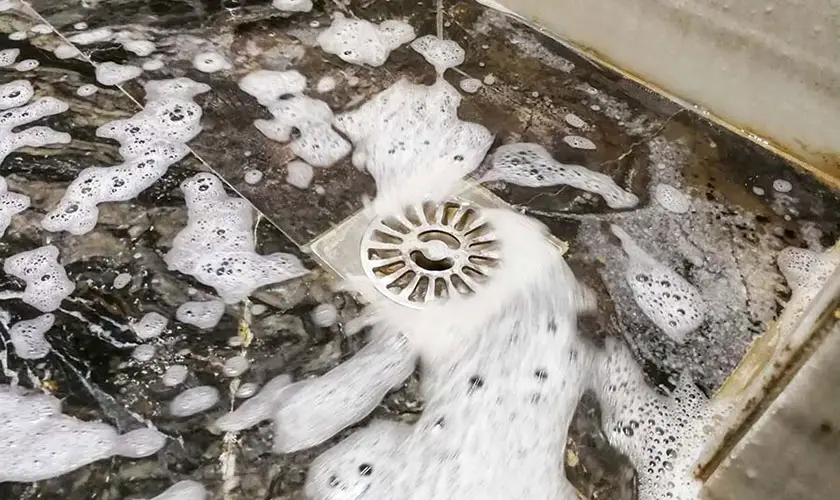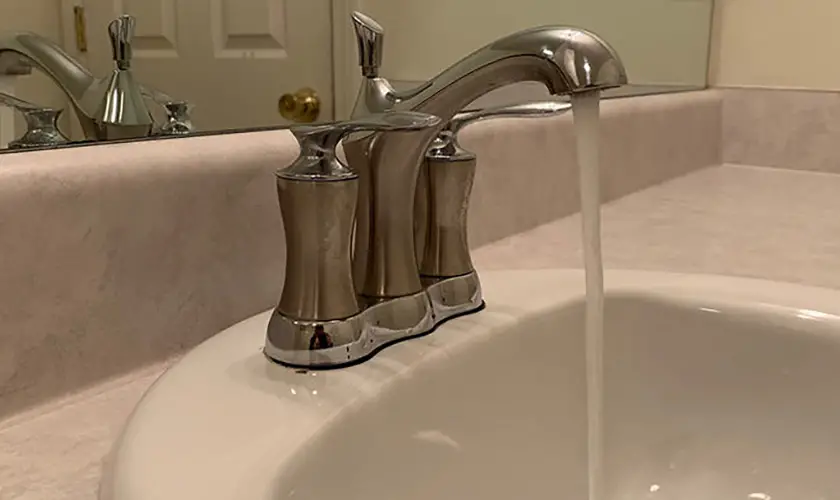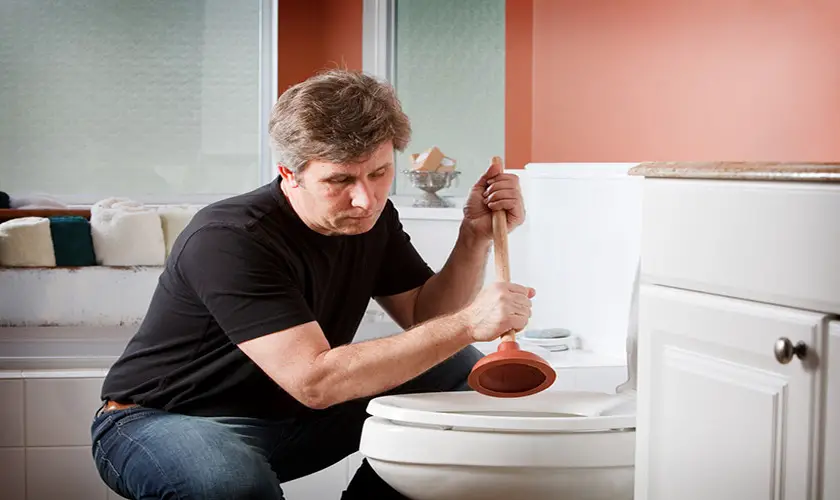
When dealing with a clogged drain, you want a fast solution. Moreover, most drain clogs decide to reach a critical level after regular plumbers’ hours, when call-outs are difficult and expensive. Products like Drano can seem like the solution, but there are a few reasons you might want to avoid using them.
Drano is a respiratory and dermal health risk, particularly in unventilated rooms or when used with other chemicals. Drano can damage toilets and pipes and can’t clear all clogs and can worsen it. Chronic clogs need a long-term solution. Drano is not eco-friendly.
Read on to find out why Drano is harmful to you, why it is not the best solution to your clogged drain, and why it might even be the worst way to deal with your backed-up pipes.
Get FREE quotes from licensed Plumbers in your area today. Whether you need a new water heater, a sink repair, or a toilet fixed, We Can Help! All Plumbers are screened, licensed, and insured.
Drano Is Harmful to Respiratory Health
Drano is a product that relies on a chemical reaction to serve its function. Unfortunately, the chemical reaction involved produces potent and potentially toxic fumes.
The fumes released by Drano can cause irritation or even chemical burns throughout the respiratory passageways. In addition, there is a risk of absorption by the respiratory mucous membranes, whereby these toxic gases have the potential to enter the bloodstream.
People who suffer from chronic respiratory conditions, such as asthma or COPD, and those with bronchitis, pneumonia, etc., are at a much higher risk of reacting adversely to the inhalation of the Drano fumes.
If anyone in your house has any respiratory condition, it is better not to use Drano.
Children and pets are smaller and more sensitive and are thus at a greater risk of inhalation-related health problems caused by the use of Drano.
Unventilated Rooms Will Fill With Toxic Drano Fumes
If your bathroom is poorly ventilated or unventilated (this is a problem, and you should address it), then using Drano is not a good idea.
The fumes produced by the chemical reaction will build up and permeate your house if they cannot escape through a window or be vented outside at a sufficient rate by a bathroom fan.
The higher the concentration of fumes, the longer the fumes remain in the house, and the greater the risk to human and animal health.
Drano Can Cause Skin Damage
Drano is a caustic chemical, so not only does it pose a risk to respiratory health through the release of fumes, but it can also cause severe damage to a person’s skin if it comes into contact with it.
People are naturally more careful when it comes to acidic cleaning products because the dangers thereof are widely known. However, basic or alkaline cleaners like Drano can be equally hazardous.
Dermal exposure to Drano can occur by spilling the liquid directly onto your skin, splashing it onto surfaces, which you can then touch, backsplash. At the same time, you pour it into your drain or flush it with hot water, as well as splashing caused by concurrent mechanical unclogging methods like plunging or snaking.
Not only is your skin at risk in this way, but the product can also splash up into your eyes.
Never Mix Drano With Another Chemical Product
You have to be so careful what you pour into a clogged drain at the same time. Some chemical cleaners can react with Drano to produce even more toxic vapors or substances that can damage your pipes.
Furthermore, some chemical reactions can be violently exothermic or heat-producing, which can cause explosions. Explosions in your plumbing are, obviously, very undesirable and potentially catastrophic, but you can also have boiling water bursting out of your sink and raining down on you.
Unfortunate mixing of chemicals is highly likely in a clogged drain because people try one product, and if it doesn’t work, they try a different product. However, because the drain is clogged, the first chemical has not drained away and is available to react with the new chemical poured down the drain.
You Should Never Use Drano in Toilets
Drano does make a toilet-specific product, but as a rule, chemical unclogging agents are never a good idea for using in your toilet.
Drano, in particular, relies on a heat-generating reaction to break down the matter causing the blockage. However, if the blockage is not removed immediately, then the Drano stays in your toilet bowl, releasing heat, and it can cause the porcelain to crack.
Drano Can Damage Your Pipes
While Drano specifically states that their products do not harm your pipes, they cannot guarantee this because the chemicals used are caustic and produce heat, both of which properties can cause damage to your drainpipes.
Certain factors increase the likelihood of your pipes being damaged by Drano:
- Plastic pipes are more at risk of being compromised than metal pipes.
- Older pipes are more susceptible to damage.
- Drainpipes that clog often and are therefore treated with Drano regularly are more at risk.
- Difficult blockages that remain unshifted by one application of Drano are more at risk through further Drano or different products.
Not All Clogs Can Be Cleared With Drano
Drano is designed to break down things like soap scum and hair; if a foreign object clogs your drain, then Drano will not solve your problem.
The issue with this is that you do not always know that a foreign object is responsible for your clogged drain. So, you use Drano once, and it doesn’t work. You use it a second time, and it doesn’t work. You switch products, and it still doesn’t work.
Eventually, you can end up with far too many chemicals in the drainpipes (all sitting in front of the blockage where they can cause the most damage and harm to you, and you still have to call a plumber to fix the problem.
Not only does this make it more expensive than it would have been had you called a plumber initially, but your drainage problem will have gone on much longer than it should have and caused you more gray hairs than necessary.
Drano Can End Up Making a Clog Worse
While Drano will not increase the size of the blockage in your drain, it can worsen it. It does this because you have added liquid volume (Drano and flushing water) into the pipes. So, if the Drano does not work to clear the blockage, then you have chemical-containing water sitting in your pipes or overflowing into your house.
Drano Is Not the Solution for Chronic Clogging
If your drainpipes keep clogging, even if Drano works each time, it is not the correct solution. Instead, it would be more beneficial for you to call out a plumber who can assess the situation and see a long-term solution.
Moreover, the more often you use Drano, the more likely the damage to your pipes and the greater the risk to your health through chronic exposure.
Drano Is Not Environmentally Friendly
No matter where you stand on the topic of using eco-friendly products, there is no denying that adding more chemicals into the water system will not benefit our environment.
A more environmentally friendly option would be to use mechanical methods to unclog your drains, like a plunger or a plumber’s snake.
Conclusion
Ultimately, the decision to use Drano or not is your own. Many people have used it successfully without any personal harm or damaged plumbing. However, the reasons we have provided in this article should at least make you pause and consider if Drano is a product you want to use.
Get FREE quotes from licensed Plumbers in your area today. Whether you need a new water heater, a sink repair, or a toilet fixed, We Can Help! All Plumbers are screened, licensed, and insured.


